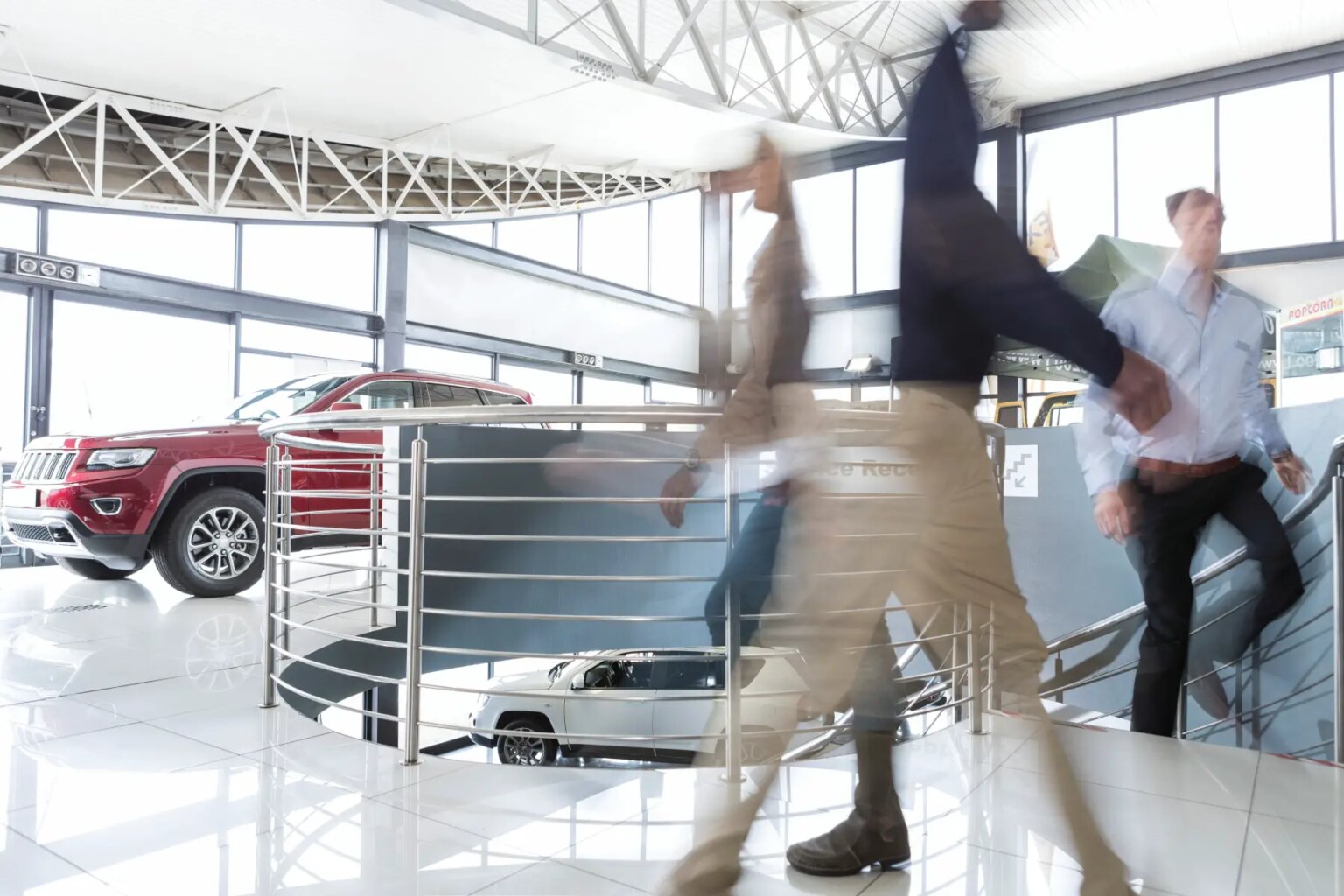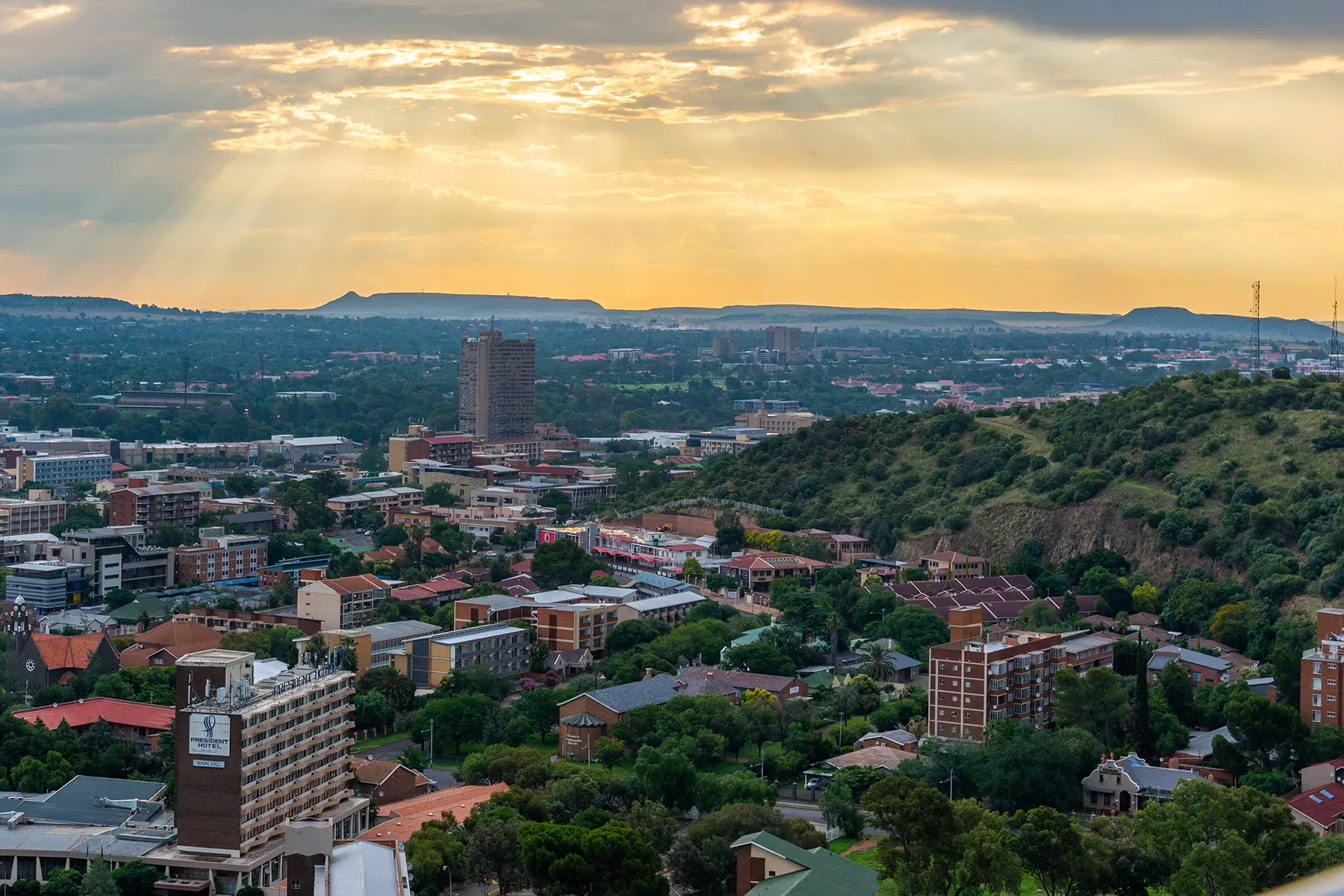As you settle into your new home in South Africa, there are many things you will need to do. Among the most important will be sorting out health insurance, perhaps finding a school for your children, and acclimatizing to a new culture. Internationals will also quickly realize that buying a car is necessary in this driving-loving nation. It will include much paperwork, including getting your visa or work permit and driver’s license. However, expats can use their international license for up to a year.
Explore the following topics to become familiar with the process of buying a car in South Africa:
- Buying a car in South Africa
- Who can buy a car?
- Buying a new car in South Africa
- Where to buy a new car
- Electric cars and hybrids in South Africa
- Buying a used car in South Africa
- Where to buy a used car
- Car registration and other paperwork in South Africa
- Car costs in South Africa
- Importing a car in South Africa
- Selling a car in South Africa
- Equipment your car needs to have in South Africa
- Useful resources
RentalCars
Ready to explore South Africa with the whole family? Get to know this beautiful country with Rentalcars.com. This international rental portal takes the hassle out of hiring a car. Get connected with local rental agencies in over 160 countries and rent in confidence.
Buying a car in South Africa
Generally, cars are more expensive in South Africa than in Europe or the United States (US). Still, many residents own cars because the country’s public transport infrastructure can be unreliable. In 2021, 464,112 new cars were sold in the country. This is far more than in Switzerland and the United Arab Emirates (UAE), though less than in China and the US.
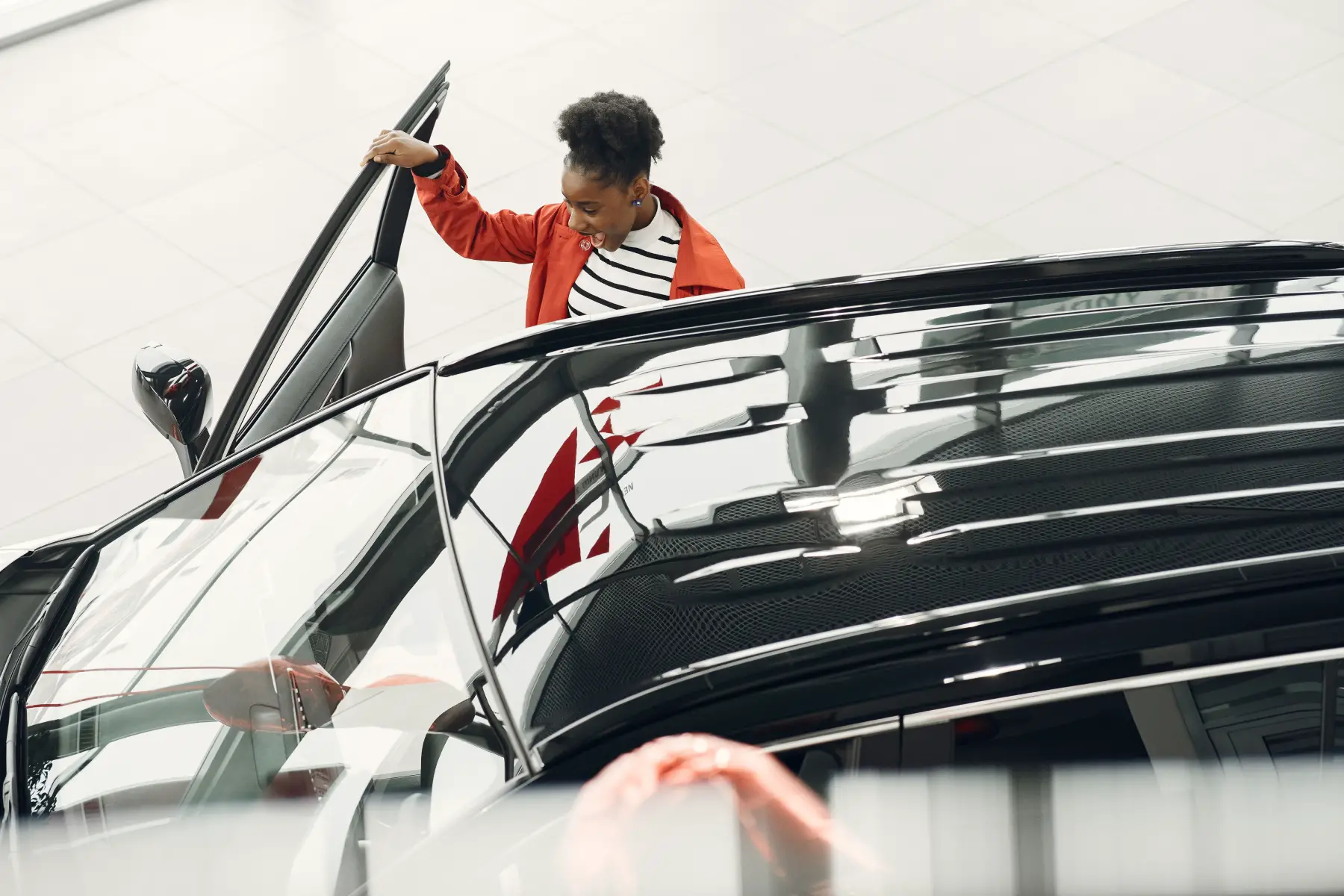
As in many countries, Japanese and South Korean car brands are popular in South Africa. German-made Volkswagens and French Renaults are sought after, too.
As of June 2022, the top 10 best-selling cars in the country are:
- Suzuki Swift
- Toyota Urban Cruiser
- Volkswagen Polo Vivo
- Ford Ranger
- Toyota Starlet
- Volkswagen Polo
- Isuzu D-Max
- Nissan NP200
- Renault Kiger
- Volkswagen T-Cross
Buying a car in South Africa is similar to many countries globally. However, you need to be eligible, know where to look, and have all the relevant documents on hand.
Who can buy a car?
South African residents can get a full driver’s license at 18, meaning they cannot drive or own a car before that. Internationals will also need to show their residency visa stamp on their passports to register their vehicle.
Be aware that the Department of Home Affairs (DHA) often has a backlog in processing visas. You may only receive this stamp several months after your arrival. In the meantime, it is a good idea to set up a South African bank account to make the financial transaction of buying a car easier.
Buying a new car in South Africa
Even though buying a new car is expensive in South Africa, the sales agreement usually includes a free maintenance or service plan for up to five years.
If you want to buy a new car in South Africa, it’s a good idea to research the brands and models available locally and how you plan to use this vehicle. Once you have chosen, you can contact dealerships to organize a test drive.
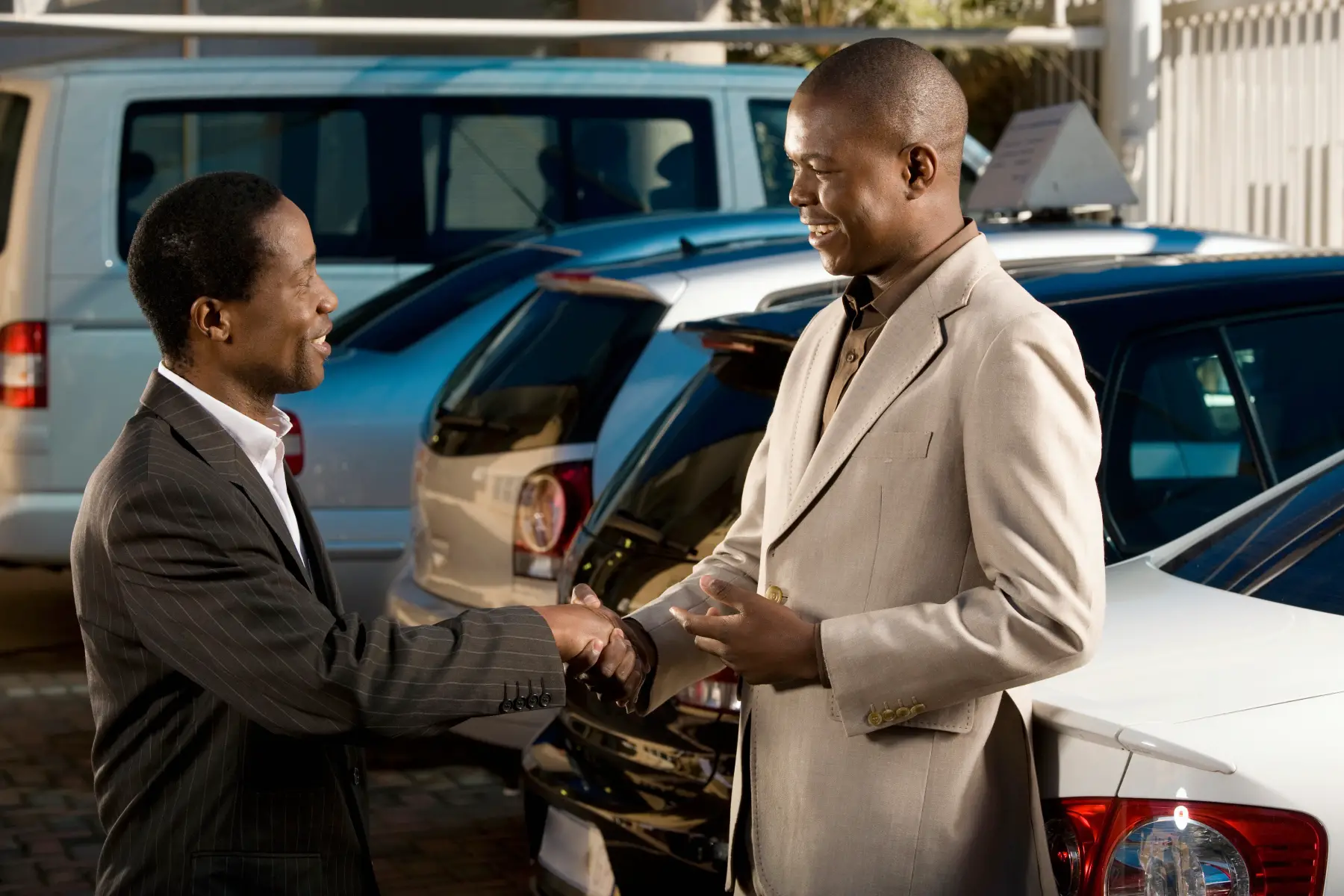
Once you have found a car you would like to purchase, there will be a fair amount of paperwork and financing to sort out. You will also have to provide the following documents:
- South African ID (Smart ID-card) or international passport
- Proof of address (e.g., mortgage agreement, rental contract, title deed, or utility bill)
- Residency visa
Usually, when buying a new car, the dealer will help you sort out the registration, insurance, and financing. You can buy a car in South Africa by paying the total cost upfront. However, most dealerships will offer a payment plan or financing deal. Hire-purchase financing is one of the country’s most popular ways to pay for cars. You can also get leasing agreements, where you pay a monthly fee to use the car for a set amount of time.
Where to buy a new car
If you want to buy a new car in South Africa, your best bet is to go to an authorized dealer. But, do some research beforehand to find reputable dealers.
Car dealerships
Most South African customers prefer buying a car through a reputable dealership. Many are contracted retailers dealing in a specific brand (e.g., Toyota, Mercedes-Benz). Some third-party retailers work with different car companies. You will find car dealerships all over South Africa, especially in urban areas like Cape Town or Johannesburg. Your dealer will manage the process of buying a car in South Africa, from choosing a model, helping you with registration, and advising on financing and insurance options.
Below are some noted car dealerships in the country:
Car brokers
Car brokers differ slightly from dealers. They act as intermediaries, providing information and guidance on the car model, financing, and insurance options. In addition, brokers often have access to a more extensive inventory of cars; they are not limited to one brand, as some dealers are.
If you prefer to work with a broker to buy a car in South Africa, here are some options:
Buying a car online
Although many South Africans do online research to find a car, they do not often purchase it without a physical inspection and test drive. You can browse a selection of new autos online on websites like:
Electric cars and hybrids in South Africa
Although the popularity of electric vehicles (EVs) is increasing globally, the South African market for these green cars is still small. In 2020, there were just 6,367 electric cars in the country, including hybrids, accounting for less than 0.2% of new car sales. Part of the issue is that South Africa presents a unique set of challenges for the wide use of EVs. Specifically, their high costs, a lack of government incentives, and an unreliable power grid.
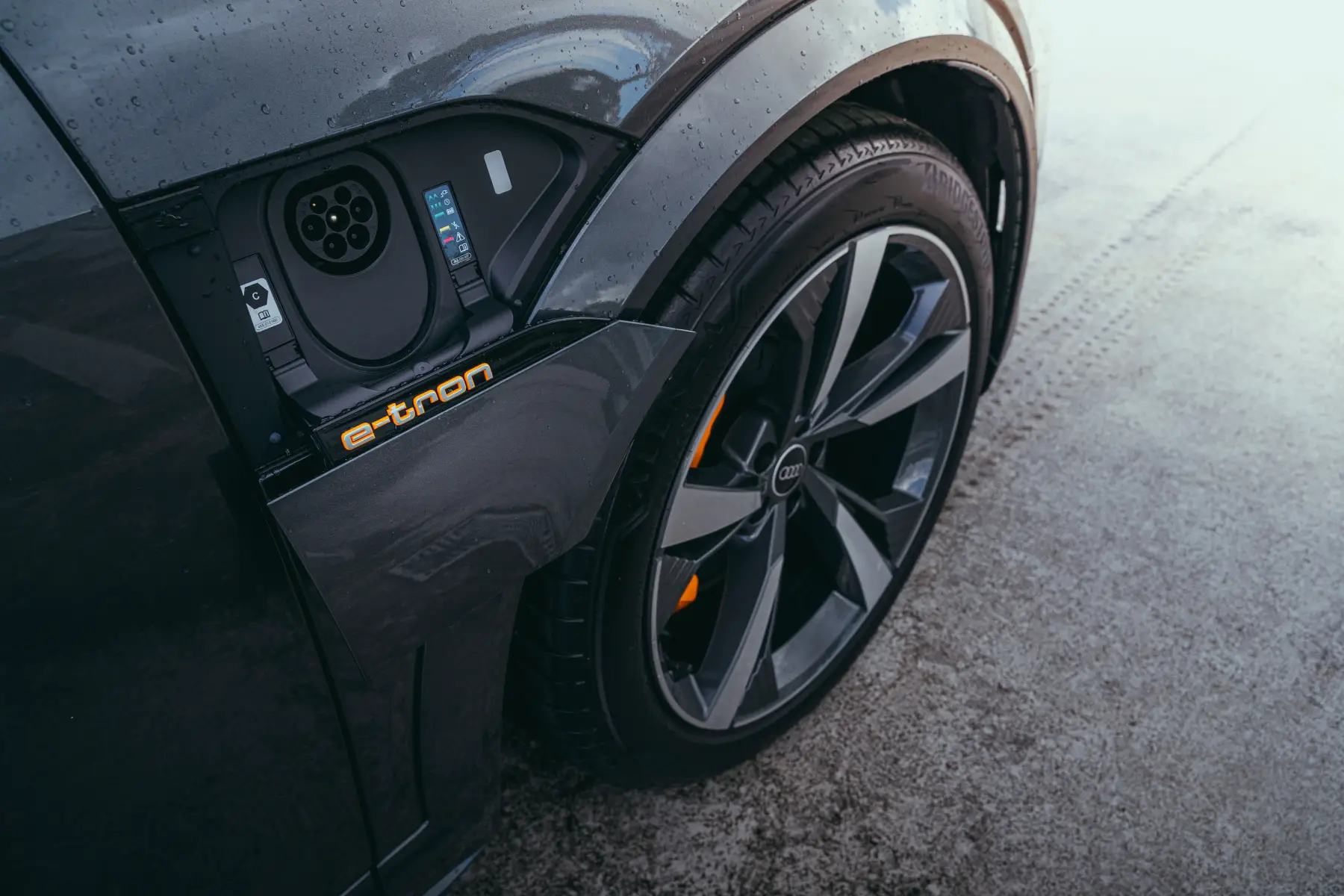
However, a recent survey found that more than 70% of South African residents would be willing to switch to an electric vehicle if it cost less than R500,000. In the first six months of 2022, online searches for electric cars increased by 100% and 129% for hybrids.
German carmaker Audi debuted the six models of its electric e-tron range in Cape Town in February 2022. Mercedes-Benz, BMW, and Volvo are set to release EVs on the market throughout the year. This will offer a far more comprehensive selection to the local EV market than the limited offerings from Jaguar, Mini Cooper, Porsche, and BMW.
Buying a used car in South Africa
With such high prices, buying a secondhand car may be more appealing as you can find some decent options. Whether you go through a dealership or a private seller, you should get the car inspected by a reputable mechanic. Be sure, too, to run the chassis number through the local database to check the car’s accident history and ask to see a valid Roadworthy Certificate (RWC).
Usually, you can search for a used car online. However, you need to meet the seller in person, do a test drive, and organize an independent inspection when you find something. It is also your responsibility to ensure the vehicle is legal and roadworthy. For this reason, most internationals prefer to buy new cars from a dealership instead of privately.
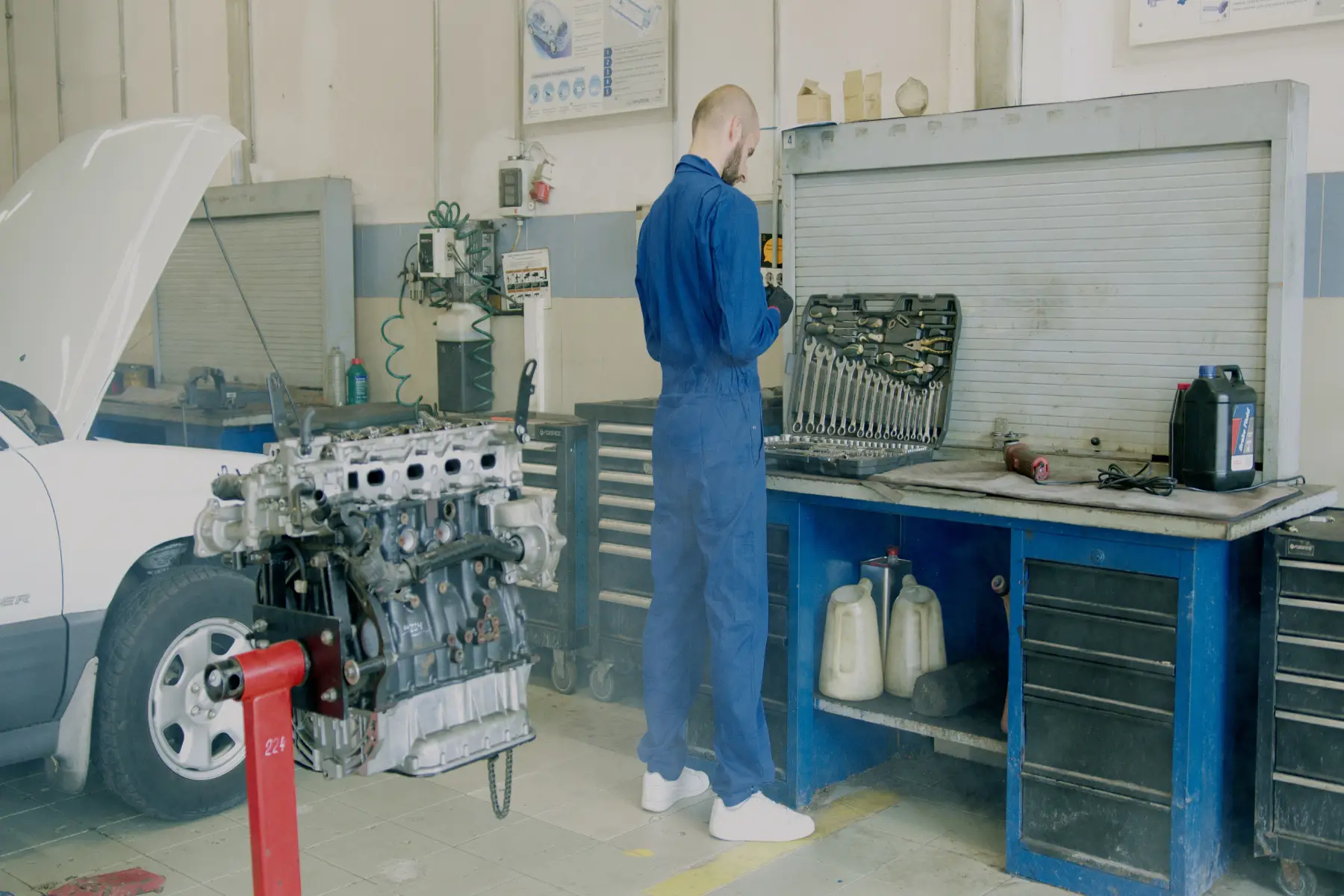
It is crucial that you see an official RWC for any used car you might want to buy. The certificate should not be older than 12 months (i.e., must be renewed yearly to get your vehicle license). The car must meet specific criteria, such as:
- Identification with an untampered VIN (vehicle identification number)
- No rust or damage
- All doors must be firmly attached and easy to open/close
- The speedometer and odometer must be working
- Seatbelts must be functional
- All lights and indicators must be working
- The windshield must be free of cracks or damage
Where to buy a used car
You will have several options if you choose to buy a used car in South Africa. Whether you go private or commercial, you can find options for used cars on websites, such as:
Used car dealerships
Going through a reputable car dealership is likely the best way to buy a used car in South Africa, as the dealers inspect and certify the vehicles. Most official retailers for brands like Toyota, Ford, and BMW will usually have a few used cars on the floor too.
Buying a car in South Africa from a private owner
Buying a used car from a private seller in South Africa can be tricky, as some cars may be stolen (with falsified paperwork), while other sellers may omit accident histories. Therefore, you will need to do more legwork, such as running extra background checks and inspections on the vehicle.
Buying a used car at auction
In South Africa, it is also possible to buy a car at an auction, where you can find great deals. However, your technical knowledge of vehicles must be sound, and you should have the inspection reports and paperwork verified independently.
If you do want to try an auction, some options include:
Car registration and other paperwork in South Africa
After buying a car in South Africa, you will have 21 days to register it at the local licensing office. You will need the following documents:
- Roadworthy Certificate (RWC)
- Current registration
- Proof of payment
- Passport with work permit or visa stamp
- Driver’s license
- Proof of residence/address
- Two passport pictures
You will need to get the RWC and current registration from the car dealer or private seller when you transfer ownership of the car. Once you have all of this, you must complete the Registration and Licensing of Motor Vehicle (RLV) form and submit everything at the licensing office. Depending on the car model, you will also need to pay a registration fee of R500–1,000.
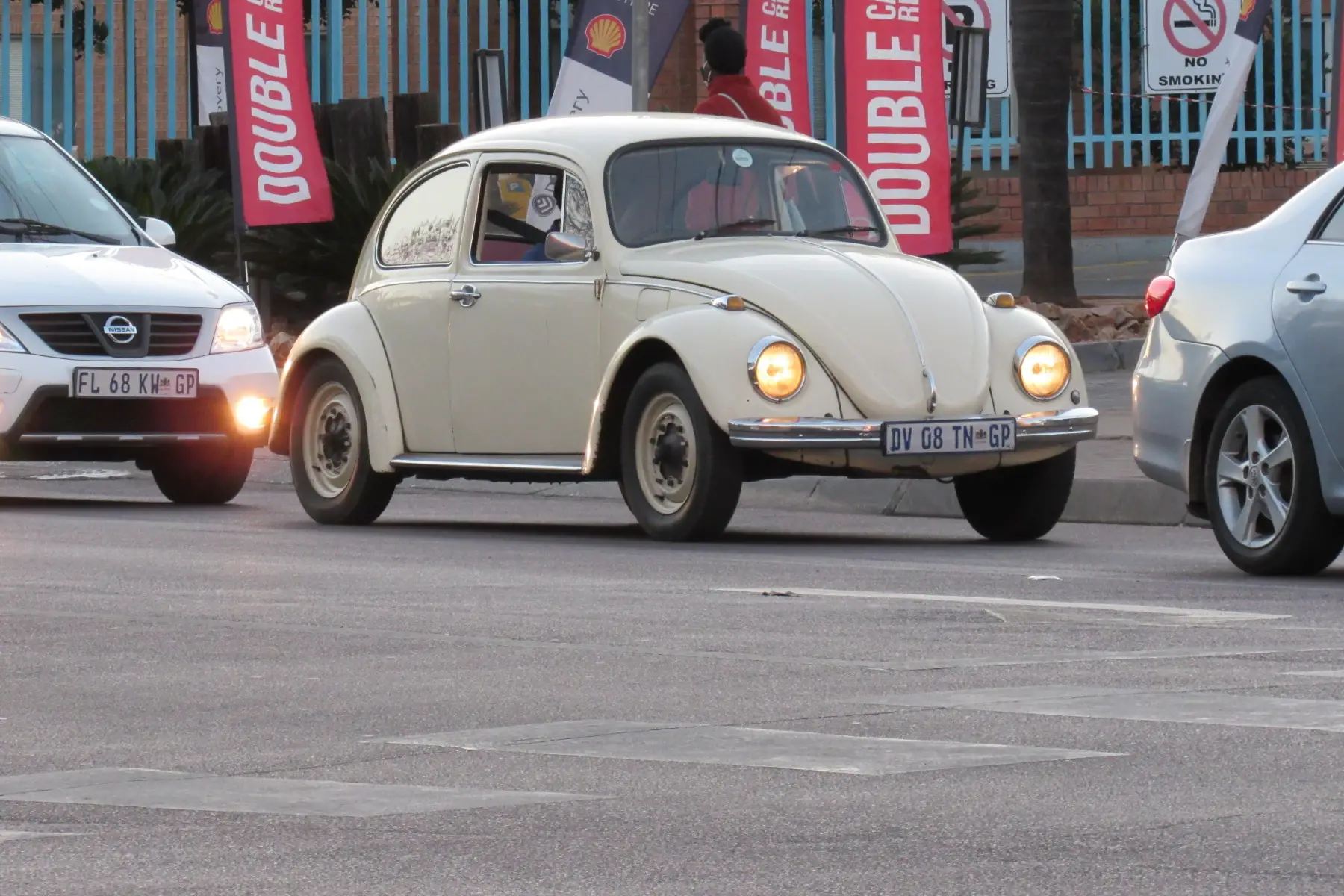
Once your registration is complete, you can pick up all the new paperwork from the licensing office. This includes:
- Your copy of the registration certificate
- The registration (i.e., license) disk to display on your windshield
- Your traffic register number
- Your vehicle license plates
Internationals without a South African ID also need a traffic register number (TRN) to purchase a car legally.
Your car registration remains valid unless:
- You sell the vehicle
- The car has been repossessed for more than 31 days
- The vehicle is in an accident and declared unfit for driving
- You do not renew the license disk for four years
- You get a deregistration certificate
After your car is registered, look for car insurance before you go on the road. This will protect you and your vehicle in case of accidents, thefts, or break-ins, which are common in South Africa.
Car costs in South Africa
Owning a car in South Africa comes with many additional costs beyond the purchasing price. When deciding what car to buy, you should factor in fuel prices, maintenance costs, and insurance premiums. On average, you can expect to pay around R7,715 per month for owning and driving a car in the country.
Fuel
Car fuel prices tend to be lower in South Africa than in Europe but higher than in the US. You can expect to pay approximately R26.74/liter for fuel. Additionally, diesel is widely available and popular because it is cheaper than petrol.
Maintenance
You will need to budget for regular maintenance costs to keep your car in good condition. However, the price can vary depending on what type of car you have, its age and mileage, and whether it is a minor tune-up or a major service.
For example, a full service on an entry-level Toyota Yaris would cost about R2,200, while the same service for a premium BMW 7 Series would be R3,900. Similarly, a minor servicing for a Volkswagen Polo Vivo would be R1,010, while a Mercedes-Benz C-Class would cost R3,100.
Taxes
When buying a car in South Africa, you will need to pay several different taxes. The exact type or cost will vary depending on what car you buy. These might include:
| Tax | Percentage |
| VAT | 15% |
| Ad Valorem Tax | Calculated per vehicle on a sliding scale |
| Carbon Tax | 2.5–6% |
| Import Duty for Vehicles | 25% |
| Import Duty for Components | 20% |
For example, if you buy a Toyota Hilux, you might pay around 30% of the car’s price in taxes.
In addition, you will pay certain levies on each liter of fuel you use to fill up your car. These include:
| Tax Levy | Price/Liter |
| Fuel Levy | R3.93/liter |
| Road Accident Fund Levy | R2.18/liter |
| Customs and Excise | 4 cents/liter |
| Demand-Side Management Levy | 10 cents/liter |
Insurance
Of course, you will also need to get insurance when buying a car in South Africa. Your premiums will depend on your car model and a risk assessment performed by your insurer. Below are some monthly insurance premium estimates for some of the more popular cars in South Africa:
| Car | Insurance Premiums |
| Toyota Hilux | R952.33 |
| Toyota Corolla | R791.34 |
| Volkswagen Polo Vivo | R681.34 |
| Ford Ranger | R665.30 |
| Ford EcoSport | R637.03 |
Importing a car in South Africa
If you do not want to buy a car in South Africa, you may consider importing one. The government has strict guidelines for importing used vehicles into the country, and you will need to follow these closely. You should be aware, too, that the importation of used cars is usually limited to South African citizens and permanent residents.
First, you will need to get two documents:
- Letter of Authority – from the National Regulator for Compulsory Specification (NRCS), R300–1,800 depending on the car model
- Import Permit (IE462) – from the International Trade Administration Commission of South Africa (ITAC)
Along with these, you will need to present the following documents:
- Your passport
- Permanent residency certificate/visa
- Vehicle license
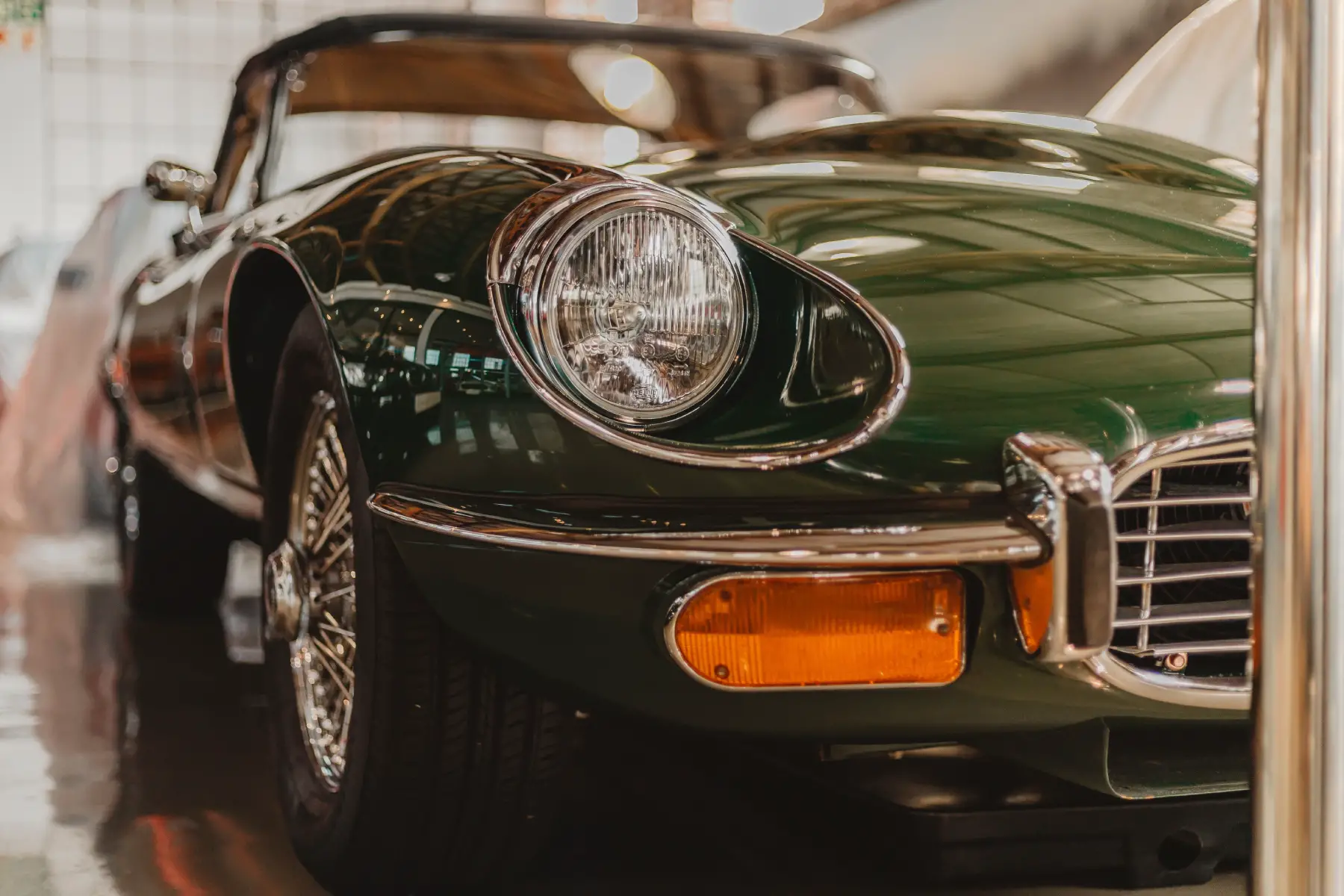
In addition, you will have to pay customs duty (i.e., 25% of the car’s value).
You must register your imported car in South Africa. Before you do this, you need to obtain two documents:
- South African Police Service (SAPS) Clearance Certificate (PCC)
- Proof of customs compliance from the Customs and Excise Division (i.e., South African Revenue Service, SARS).
Once you have all of this, you can register your car in South Africa. Again, you will need to provide:
- An eNaTIS form (National Transport Information System)
- Your South African ID or foreign passport
- The car’s foreign registration and licensing documents
- The Letter of Authority for importing the car
- Proof of address
- Passport photos
Because importing a car can be tricky, especially for internationals, you may be better off buying a car in South Africa.
Selling a car in South Africa
If you plan to sell your car in South Africa, you will have several options. Some people choose to advertise their vehicle online and pursue a private sale. Please take note that you will be responsible for meeting potential drivers, allowing them to inspect and test drive the car, and sorting out all the paperwork to transfer ownership.
Alternatively, you can sell your car through a dealership. Of course, they will charge a fee for managing the sale and may sell it for less. Still, they will handle all the negotiations, inspections, paperwork, and other admin.
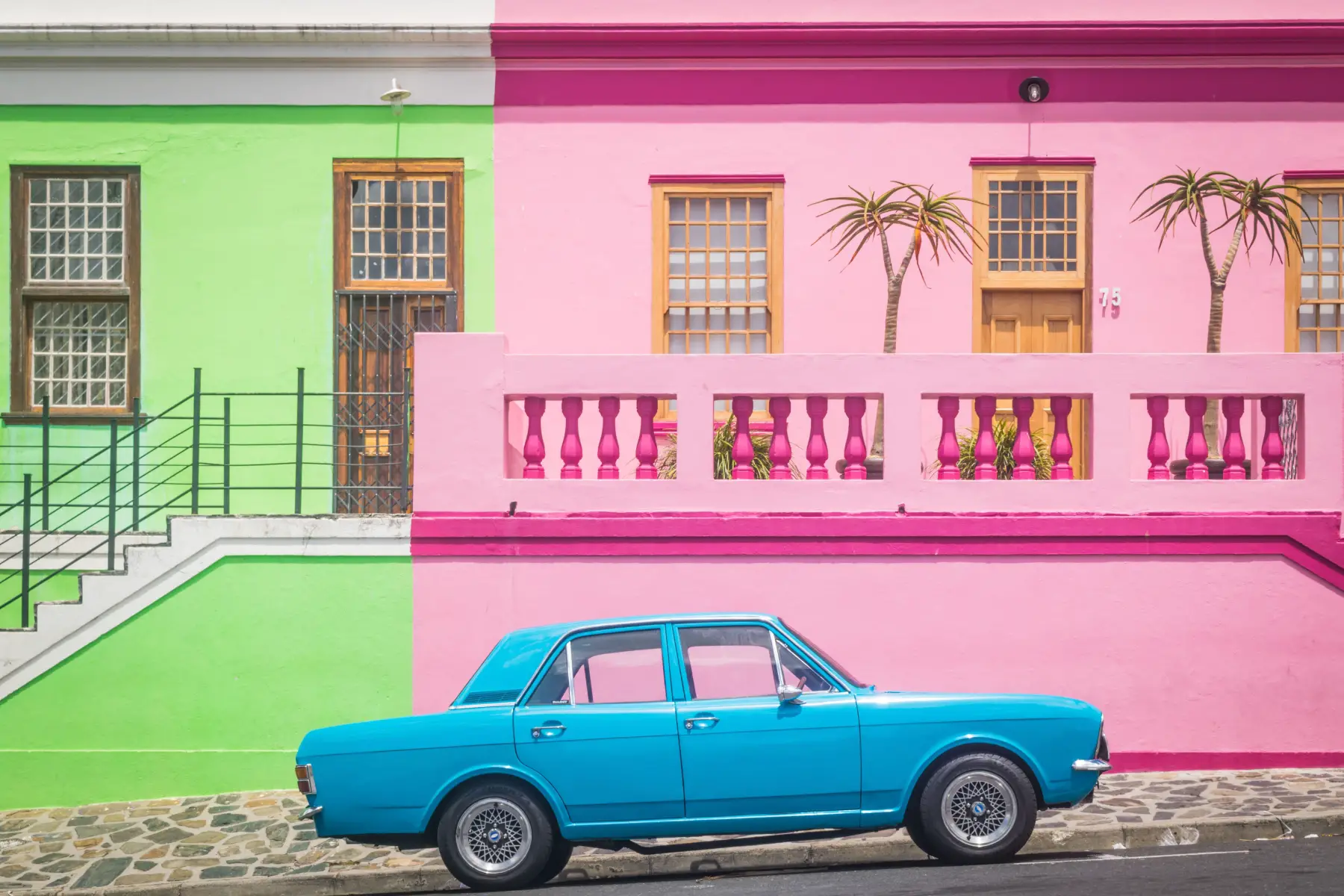
It is also possible to do a trade-in deal. You sell your car to a dealer for a specific price and offset that against purchasing a new car. If you have a good knowledge of autos, you could also sell your car at a used car auction. Just be aware, though, that the auction house will take a cut of the sale price.
When selling your car, you must notify the registering authority within 21 days of the sale by submitting a Notification of Change of Ownership/Sale of Motor Vehicle (NCO) form. You will also need to give the registration certificate to the buyer. After this, the new owner must re-register the car in their name. If you have any outstanding financing on the car when you sell it, you will also need to request a settlement letter from your financial institution.
Remember, it is also your responsibility to provide the following to the buyer:
- A Roadworthy Certificate (RWC) and
- Proof of ownership
- A sales agreement
- Receipt, including the sale price, date, and car details
Equipment your car needs to have in South Africa
South Africa does not legally require you to keep specific equipment in your car. However, you will need to display your license disk on your car’s windshield and carry your driver’s license, insurance, and registration papers when driving. It can be helpful to have a tracking service installed in your vehicle in case of theft, but it is not a legal requirement.
Useful resources
- South African Government – Roadworthy Certificates (RWC)
- South African Government – importing used cars
- South African Government – Notification of Change of Ownership (NCO)
- South African Government – Traffic Register Number (TRN)
- AutoMart – online car sales catalog
- AutoTrader – online car sales catalog
- Cars.co.za – online car sales catalog
- NaTIS – National Traffic Information System
